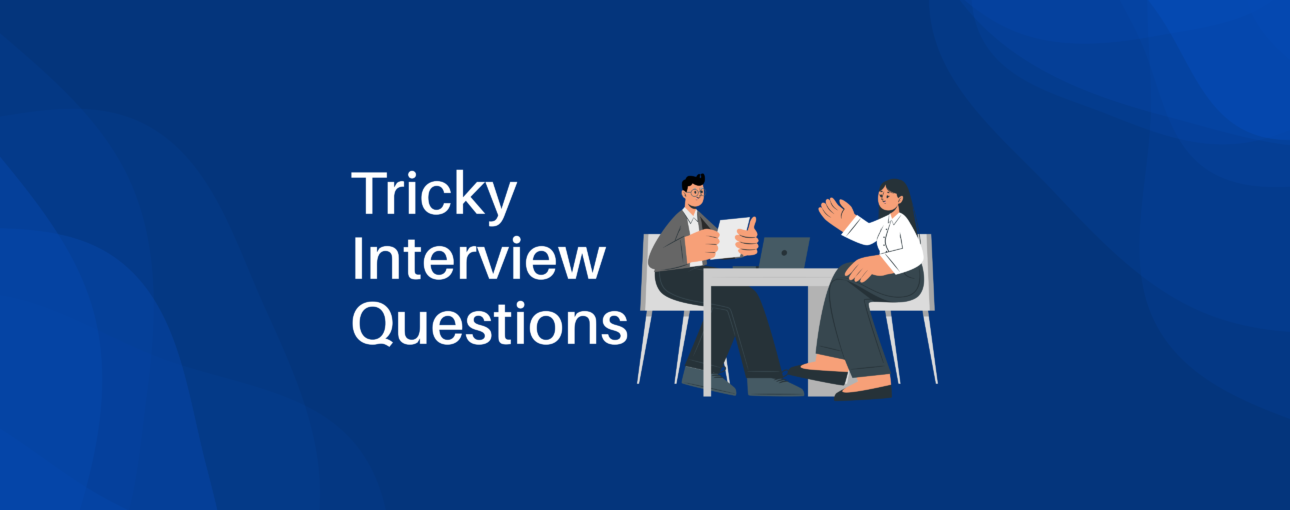You’ve completed your course, worked on your CV using the Building an Effective CV ebook by I4G and taken the bold step of applying for a job! You got an email scheduling a time for the interview but now you’re bothered about the interview process! What do you say? How do you pitch yourself as the best candidate especially if you’re a newbie?
One important thing you need to know is that getting called for an interview shows that a company sees value in your skill sets. Think of the interview process as an opportunity for you and the hiring manager to get to meet each other and have a conversation.
Most of the questions you’d get asked at interviews are usually the same but some of them can be really tricky. In this blog post, we would talk about some and how to answer them.
Read till the end, we have a bonus tip for you!
1. Why did you decide to switch careers/ leave your previous job?
The interviewer wants to know your motivation for taking on a new job. Whatever your reason is, don’t share personal information and don’t make your past employer (if you’ve had one) look horrible even if they are. Talk about what you loved about your last job experience or the career path you’re switching from then, about the dreams you have now and the goals you hope to achieve in this new path. Talk about how the work that is done at the organization would help you make an impact and achieve the company’s goals whilst also achieving your dreams.
2. Why should we hire you?
You’ve probably heard/read somewhere that this is the time you need to share the achievements you had at your last job but what happens when you haven’t had a job before?
Here’s what you need to do! Talk about the skills you have learnt from the courses you have taken, webinars/ events you’ve attended and how they would be valuable to the company. You can also speak about your willingness to learn and the projects you have worked on. This is a good time to talk about the projects and tasks you completed while taking any of the I4G scholarship programs and hackathons. Refer to your portfolio too and speak about one or more of the projects you have worked on.
The interviewer wants to know if you have the skills needed to help the company achieve their business goals. Confidently let them know you’d be an asset to the company.
3. Why do you have a gap in your CV
A major reason why an interviewer would ask you this is because they want to know if you’re proactive, lazy or there was a circumstance beyond your control. You can have a gap in your CV for many reasons such as a health challenge, unemployment or other challenges. Whatever the reason is, let the interviewer know the progress you have made in your career within that period. For example, if the gap in your CV is because you didn’t have a job, you can talk about the online courses you took and skills you learnt within that period of time.
4. What are your salary expectations
This can be tricky and if you haven’t done proper research, you might ask for too low or too high. If there was a salary range stated in the job description and you’re comfortable with it, let them know that but if there was no salary stated, this is where the research you should do before any interview would help you.
You can search on platforms such as Indeed, Glassdoor for salary expectations for your job role and years of experience. It’s always safe to give a salary range instead of an exact figure. For example, you can give a range of $100 – $250.
Irrespective of the question you are asked, make sure you answer with two things in mind- the value you have to offer and how they help the company achieve their business goals.
The Bonus Tip we promised!
When most people have interviews, they let the interviewer do all the asking even when the interviewer asks them if they have any questions. Contrary to what most people think, this doesn’t make you look humble. Asking questions shows that you are paying attention and you’re interested in being a part of the company.
During your next interview, ask any of these 4 questions (if they’re not already answered during the interview) or anything you need clarity on concerning the company or position you’re applying for.
- What do you expect me to achieve in the first 3 months after I get onboarded?
- What’s the work culture like in this organization?
- What key things would you like me to focus on if I am offered this position?
- What do you love the most about working here?
We hope you learnt something valuable from this blog post? Tweet about what you learnt and tag us @Ingressive4Good we’d love to hear from you

